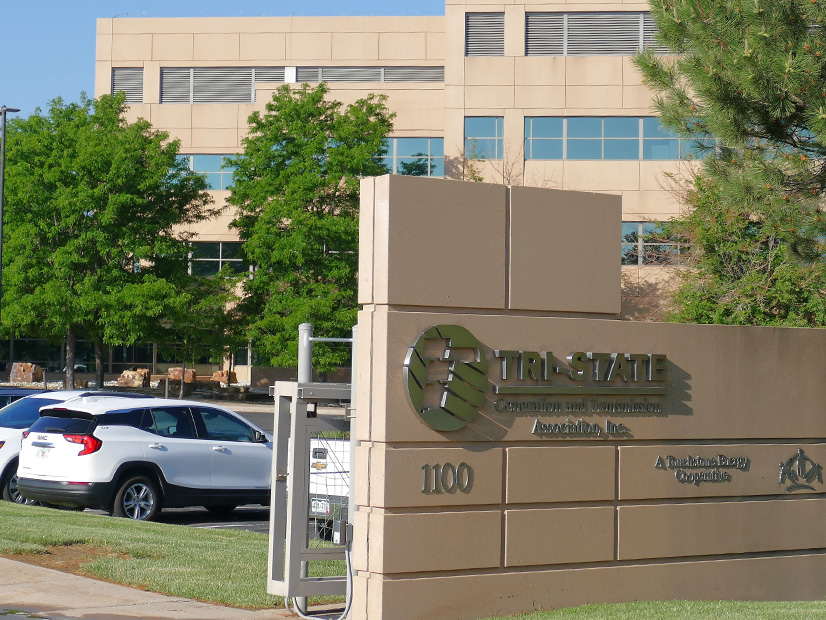FERC on May 23 upheld the contract termination payment (CTP) rules for Tri-State Generation and Transmission Association it approved last year, though it modified some of its original order in response to requests for clarification (ER21-2818-002, et al.).
The commission ordered Tri-State to implement a balance sheet approach for the CTP and a new transmission crediting approach that includes transmission-related debt. (See FERC Picks ‘Balance Sheet Approach’ Exit Fee for Tri-State Members.)
Tri-State is a wholesale generation and transmission cooperative that serves members in Colorado, Nebraska, New Mexico and Wyoming with long-term, full-requirement wholesale electric service contracts.
FERC’s preferred balanced approach was initially proposed by one of Tri-State’s members. The co-op argued for its preferred accounting methods on rehearing, but FERC declined to overhaul its December order.
“We continue to find that the adopted BSA is consistent with principles of cost causation and with the purpose of an exit fee,” FERC said. “The presiding judge correctly explained that the BSA appropriately aligns costs and benefits to Tri-State members by declining to assign generation-related debt to Tri-State’s members located in the Eastern Interconnection, whose loads are supplied entirely through power purchase agreements.”
FERC also continued to find the BSA’s treatment of PPAs is just and reasonable because it requires that members pay their pro rata share of those that are actually used to serve load.
Tri-State argued that assigning the costs of dozens of PPAs to departing members would be unworkable, which did not persuade FERC. The commission said the co-op does not need to provide members with their exact share of PPA costs before they make a final decision on departure.
FERC granted requests for clarification from Tri-State and Mountain Parks Electric on the amortization term for the transmission credit. It should be amortized over the remaining term for the depreciation rates in effect for the assets to which the debt payment relates, the commission said.
It also clarified that the amortization term for the credit is determined based on the average remaining life of depreciable transmission plant base as determined by Tri-State’s most recent Form No. 1 filing at the time a member withdraws.
The commission sustained the overall transmission crediting approach, finding the prepayment and back-crediting of transmission-related debt in the adopted BSA strikes a reasonable balance between ensuring the debt-related costs of Tri-State’s transmission assets are recovered through the CTP and ensuring the withdrawing member reaps the full benefit of these costs while minimizing cost shifts.
“The payment of transmission-related debt as part of the CTP is intended to compensate Tri-State for the transmission-related debt it incurred to serve withdrawing members,” FERC said. “To prevent shifting costs onto remaining members, the withdrawing member must compensate Tri-State for this debt whether it uses Tri-State’s system or not.”




